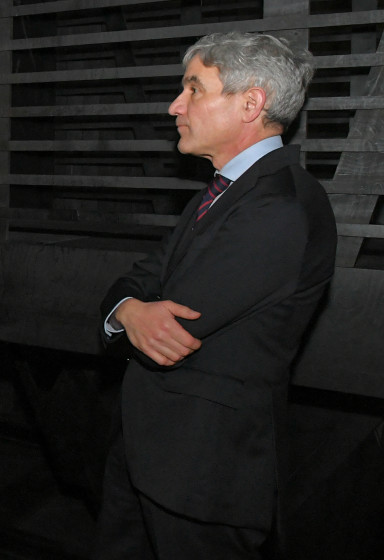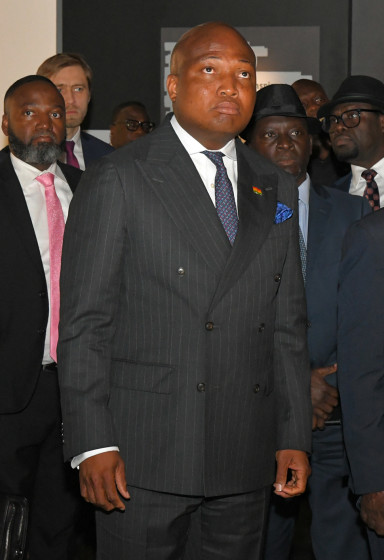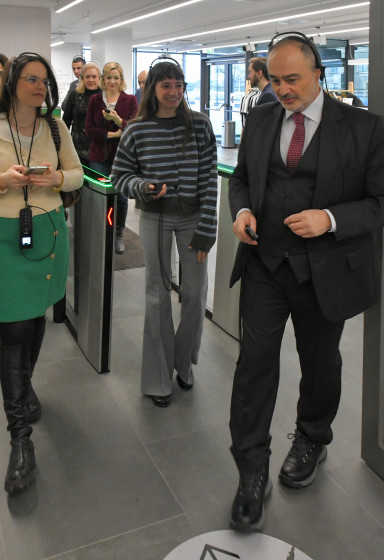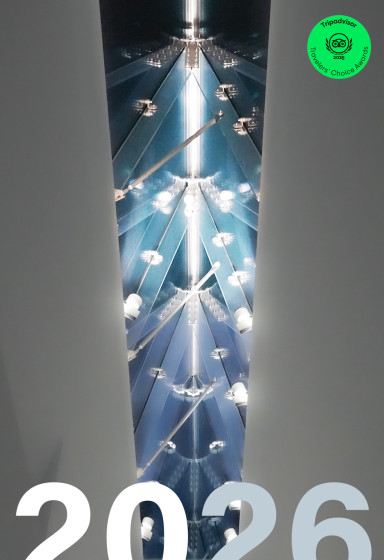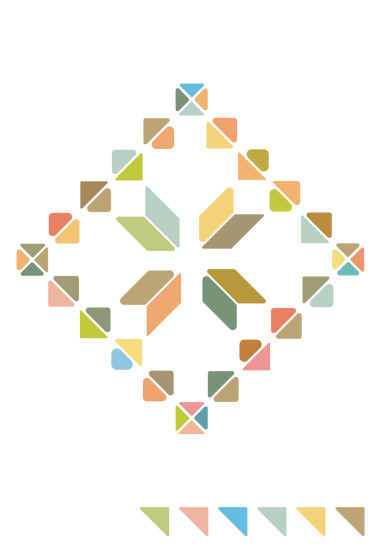Donate to Museum
Each donation helps to ensure the Museum's activities, allowing it to function and provide information for people from all over the world.
The Museum is grateful to each donor and invites everyone to contribute.
Greetings on the National Language Day!
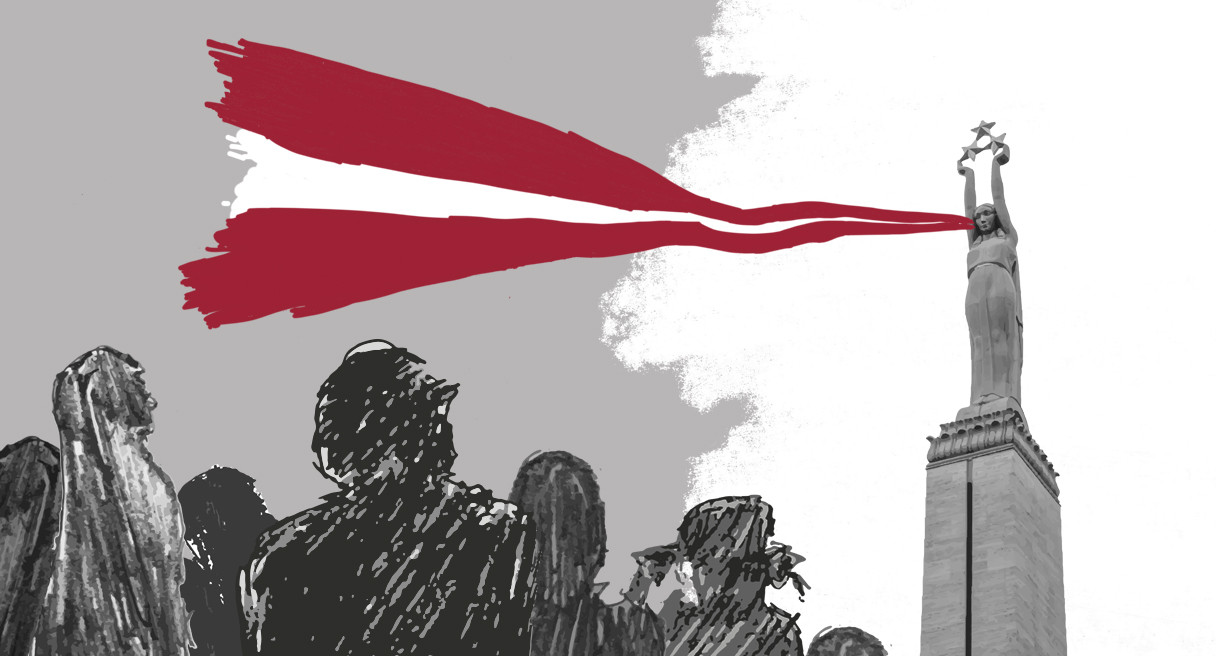
Greetings on the National Language Day!
The Latvian language is not only an ancient and unique cultural heritage from our previous generations and the main means of communication in Latvia, but also one of the symbols of our country – by using the Latvian language, we authenticate our country and ourselves as a vital part of Latvia.
The Museum of the Occupation of Latvia has repeatedly reminded about the fate of the Latvian language under foreign occupation regimes. The longest subjugation period has been under the well-developed policy of Russification in Soviet occupied Latvia.
When Latvia regained sovereignty in 1991, Russification diminished, but its consequences are still felt in our daily lives at all levels of Latvian language use. The after-effects turned out to be more long-lasting than we expected during the Awakening years*. Even now, they appear in the linguistic behaviour of Latvians: in communication with people of other nationalities the Latvian switches to speak Russian; bilingualism dominates in the media; transition of minority education to Latvian as the instruction language has been delayed and there still exist obstacles that make it difficult for the Latvian language to dominate in state-funded education; in many workplaces and public space discrimination predominates against people who are proficient in Latvian, but do not know Russian; foreign loan words in Latvian vocabulary are adapted from Russian rather than directly from the foreign language; non-Latvian sentence structure appears quite frequently; et al. These are linguistic consequences of the Soviet occupation that need to be eliminated.
After Russia's invasion of Ukraine, it has finally become much clearer in Latvia that the not-so-innocent connection between language and power is very serious. The researchers of our Museum have continually expressed this warning. Language serves as a symbol of power, and in Latvia, when Russian is used by inertia, the aggressive neighbour – Russia – is symbolically present – with its own language. With respect to the interaction of language and power, the Valerija Bērziņa-Baltiņa Memorial Foundation project at the Museum has started a series of research article publications, constructed a multimedia installation for the new exposition and raised the issue at conferences, interviews and publications in the media. Latvians must admit that indeed, even after 33 years since Latvia regained its sovereignty, discrimination against the Latvian language and social bilingualism still exist and endanger our national security.
* The late 1980s, just before the renewal of independence.
